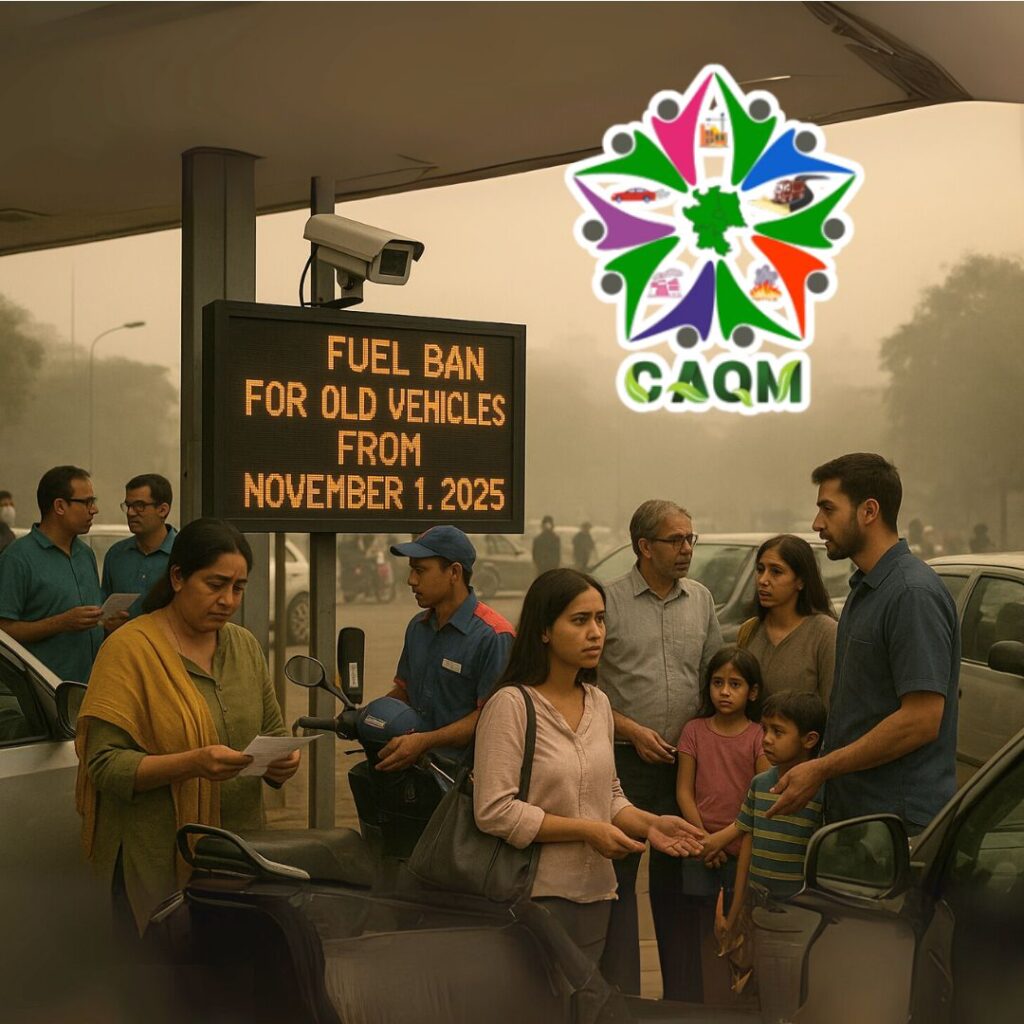Today, I witnessed an accident on Airport Road, Hyderabad, where an airport employee named Srikanth rammed his bike into a car. He was very badly injured, his mouth was torn apart in two pieces and there was severe bleeding.
Fortunately, I and some other people were able to stop and give first aid to control the bleeding. Friends, this post isn’t to boast about myself but it is to encourage every one of you to stop and help accident victims even if it involves your hands getting dirty. Who knows, tomorrow we may need someone’s help!
(function(d, s, id) { var js, fjs = d.getElementsByTagName(s)[0]; if (d.getElementById(id)) return; js = d.createElement(s); js.id = id; js.src = ‘https://web.archive.org/web/20200926122316/https://connect.facebook.net/en_US/sdk.js#xfbml=1&version=v3.1’; fjs.parentNode.insertBefore(js, fjs);}(document, ‘script’, ‘facebook-jssdk’));
Today witnessed an accident on the Airport road, an airport employee named srikanth rammed his bike into a car. He was…
Posted by Jasper Paul on Thursday, August 23, 2018
What are the Good Samaritan laws?
1. The Good Samaritan shall be treated respectfully and without any discrimination on the grounds of gender, religion, nationality, caste or any other grounds.
2. Any person who makes a phone call to the Police control room or Police station to give information about any accidental injury or death, except an eyewitness may not reveal personal details such as full name, address, phone number etc.
3. Any Police official, on arrival at the scene, shall not compel the Good Samaritan to disclose his / her name, identity, address and other such details in the Record Form or Log Register.
4. Any Police official or any other person shall not force any Good Samaritan who helps an injured person to become a witness in the matter. The option of becoming a witness in the matter shall solely rest with the Good Samaritan.
5. The concerned Police official(s) shall allow the Good Samaritan to leave after having informed the Police about an injured person on the road, and no further questions shall be asked if the Good Samaritan does not desire to be a witness in the matter.
Examination of Good Samaritan by the Police In case a Good Samaritan so chooses to be a witness, he shall be examined with utmost care and respect and without any discrimination on the grounds of gender, religion, nationality, caste or any other grounds. In case a Good Samaritan chooses to be a witness, his examination by the investigating officer shall, as far as possible, be conducted at a time and place of his conveniences such as his place of residence or business, and the investigation officer shall be dressed in plain clothes, unless the Good Samaritan chooses to visit the police station. Where the examination of the Good Samaritan is not possible to be conducted at a time and place of his convenience and the Good Samaritan is required by the Investigation Officer to visit the police station, the reasons for the same shall be recorded by such officer in writing. In case a Good Samaritan so chooses to visit the Police Station, he shall be examined in a single examination in a reasonable and time-bound manner, without causing any undue delay. In case the Good Samaritan speaks a language other than the language of the Investigating Officer or the local language of the respective jurisdiction, the Investigating Officer shall arrange for an interpreter. Where a Good Samaritan declares himself to be an eye-witness, he shall be allowed to give his evidence on affidavit, in accordance with section 296 of the Code of Criminal Procedure, 1973 (2 of 1974) which refers to Evidence in Formal Character on Affidavit. The complete statement or affidavit of such Good Samaritan shall be recorded by the Police officer while conducting the investigation in a single examination. In case the attendance of the Good Samaritan cannot be procured without delay, expense or inconvenience which, under the circumstances of the case, would be unreasonable, or his examination is unable to take place at a time and place of his convenience, the Court of Magistrate may appoint a commission for the examination of the Good Samaritan in accordance with section 284 of the Code of Criminal Procedure, 1973 (2 of 1974) on an application by the concerned.
(function(d, s, id) { var js, fjs = d.getElementsByTagName(s)[0]; if (d.getElementById(id)) return; js = d.createElement(s); js.id = id; js.src = ‘https://web.archive.org/web/20200926122316/https://connect.facebook.net/en_US/sdk.js#xfbml=1&version=v3.1’; fjs.parentNode.insertBefore(js, fjs);}(document, ‘script’, ‘facebook-jssdk’));
9 Reasons To Help Accident Victims Without Any Fear
Tag your friends who are unaware of these guidelines. This video will help you to understand how the supreme court of India’s guidelines protect you when you help an accident victim.
Posted by The Logical Indian on Saturday, July 28, 2018
The Superintendent of Police …











